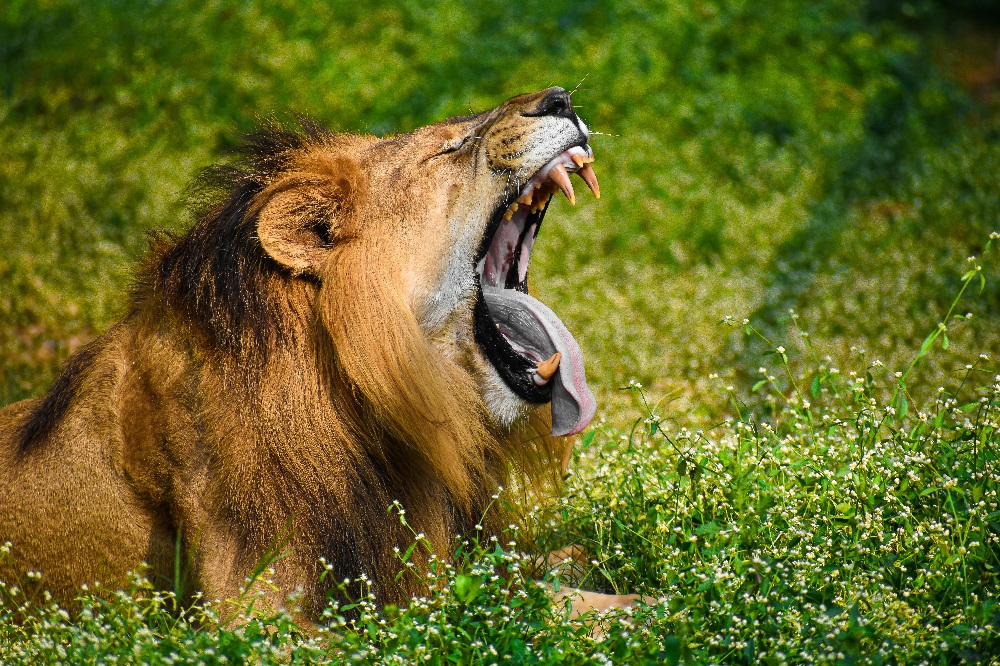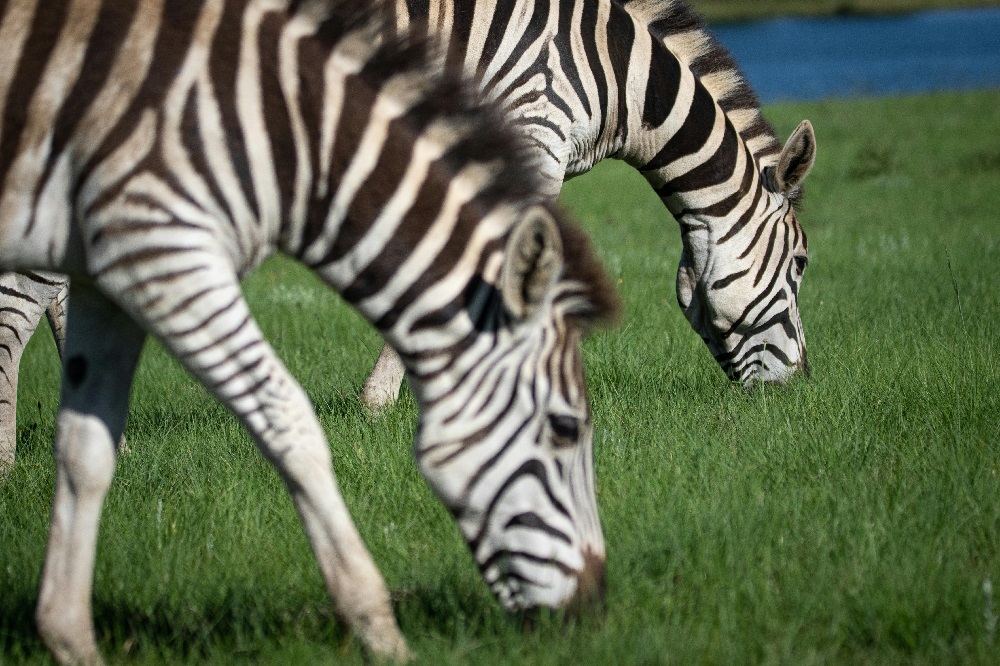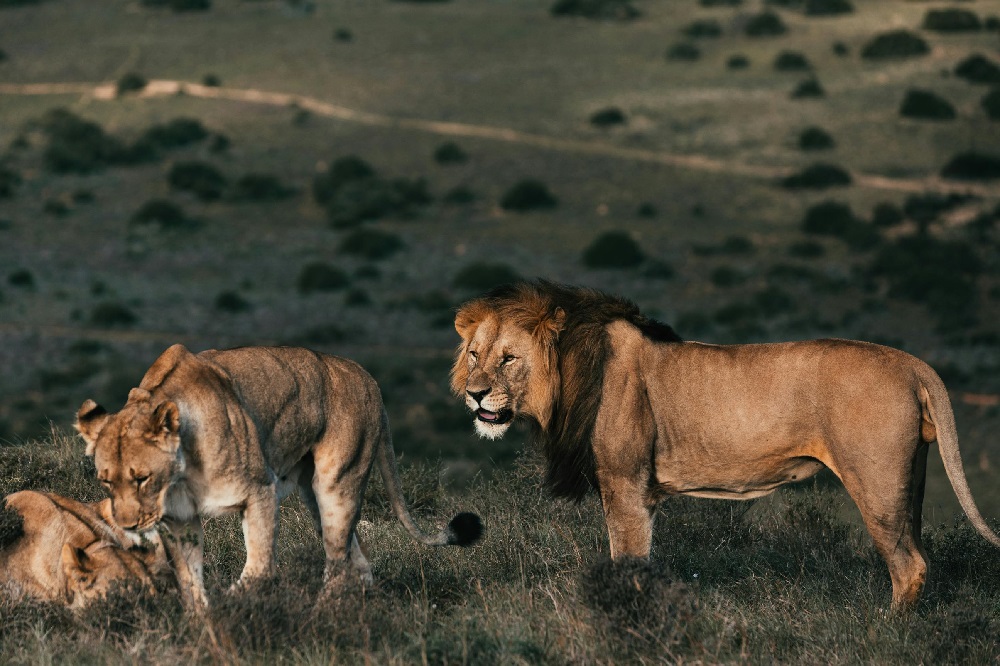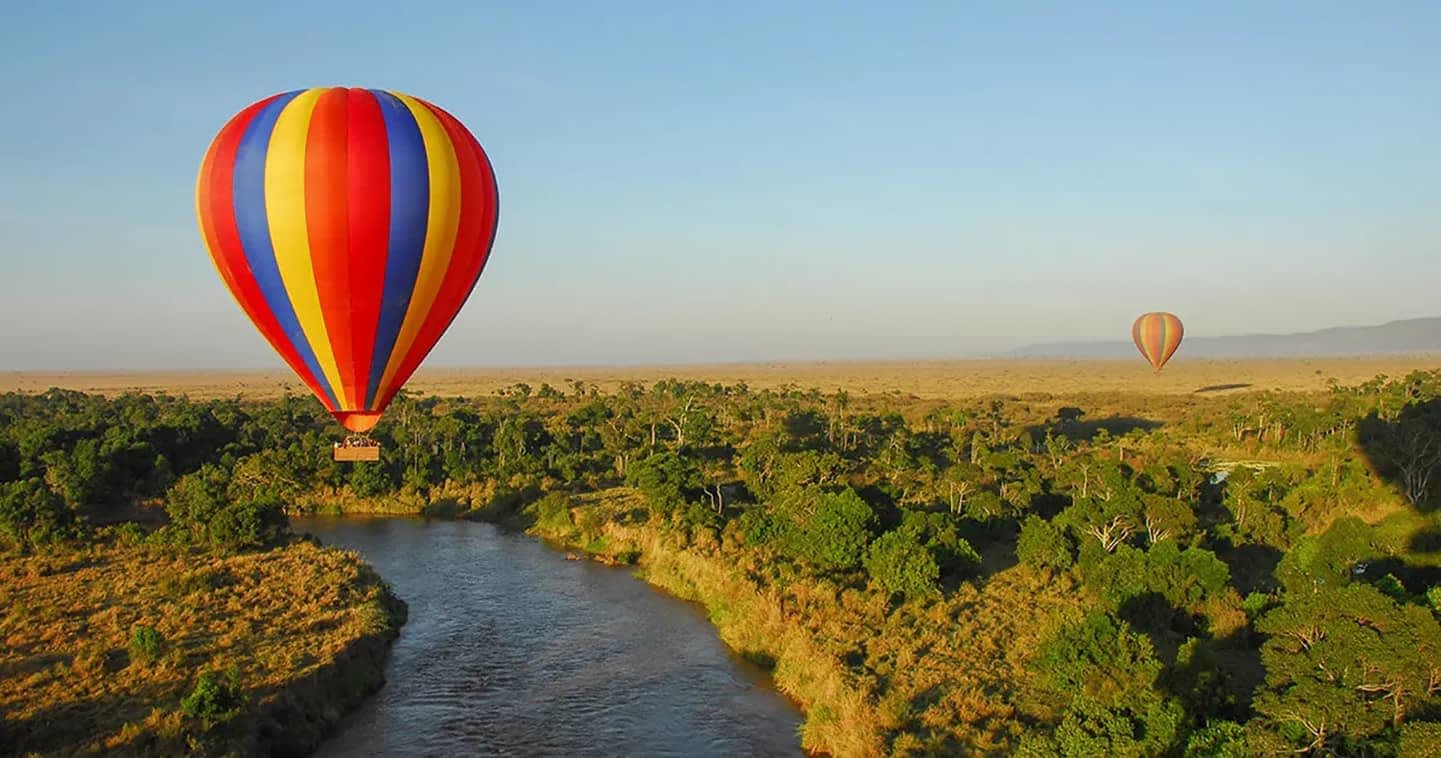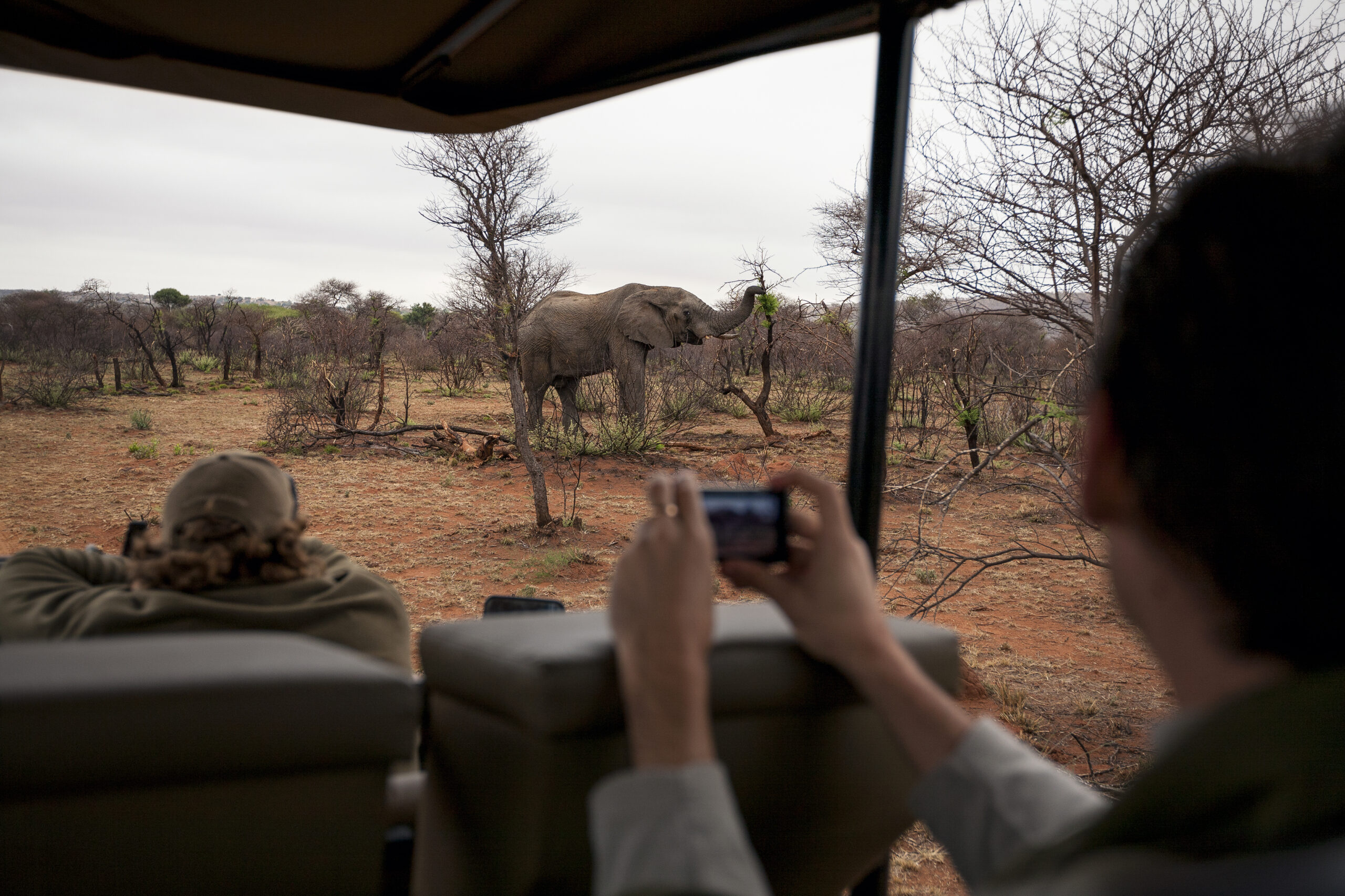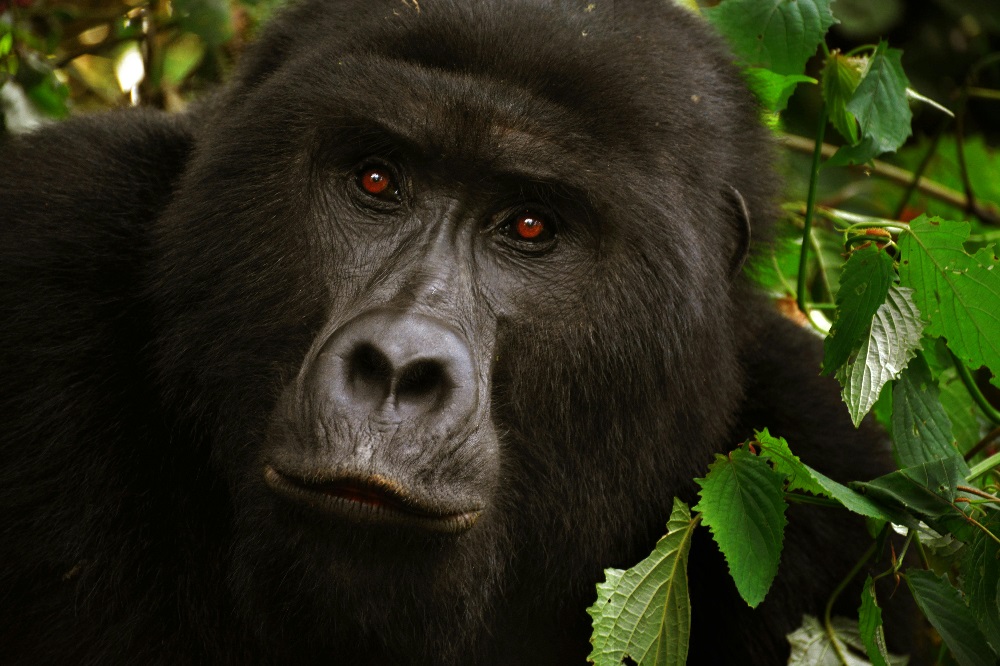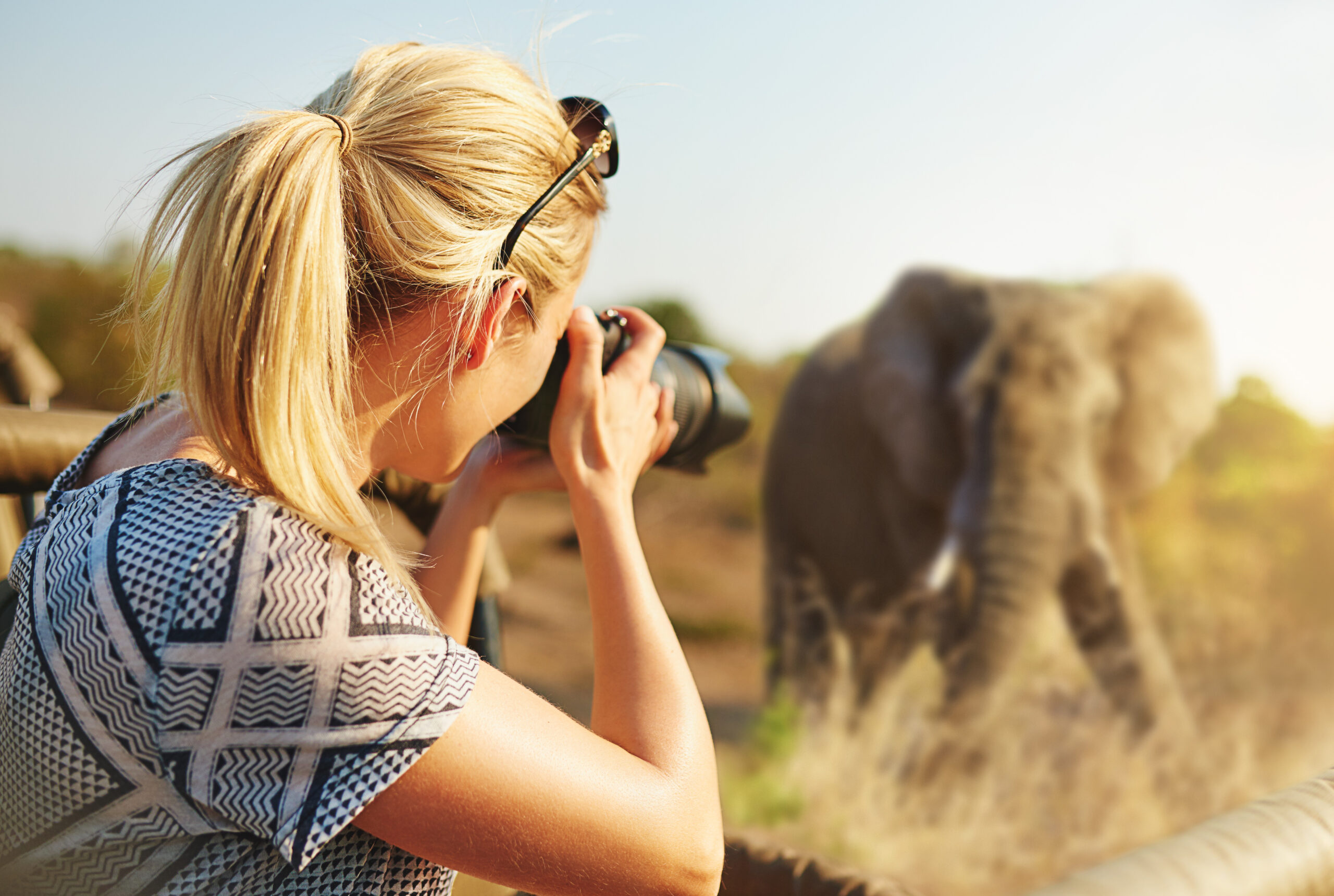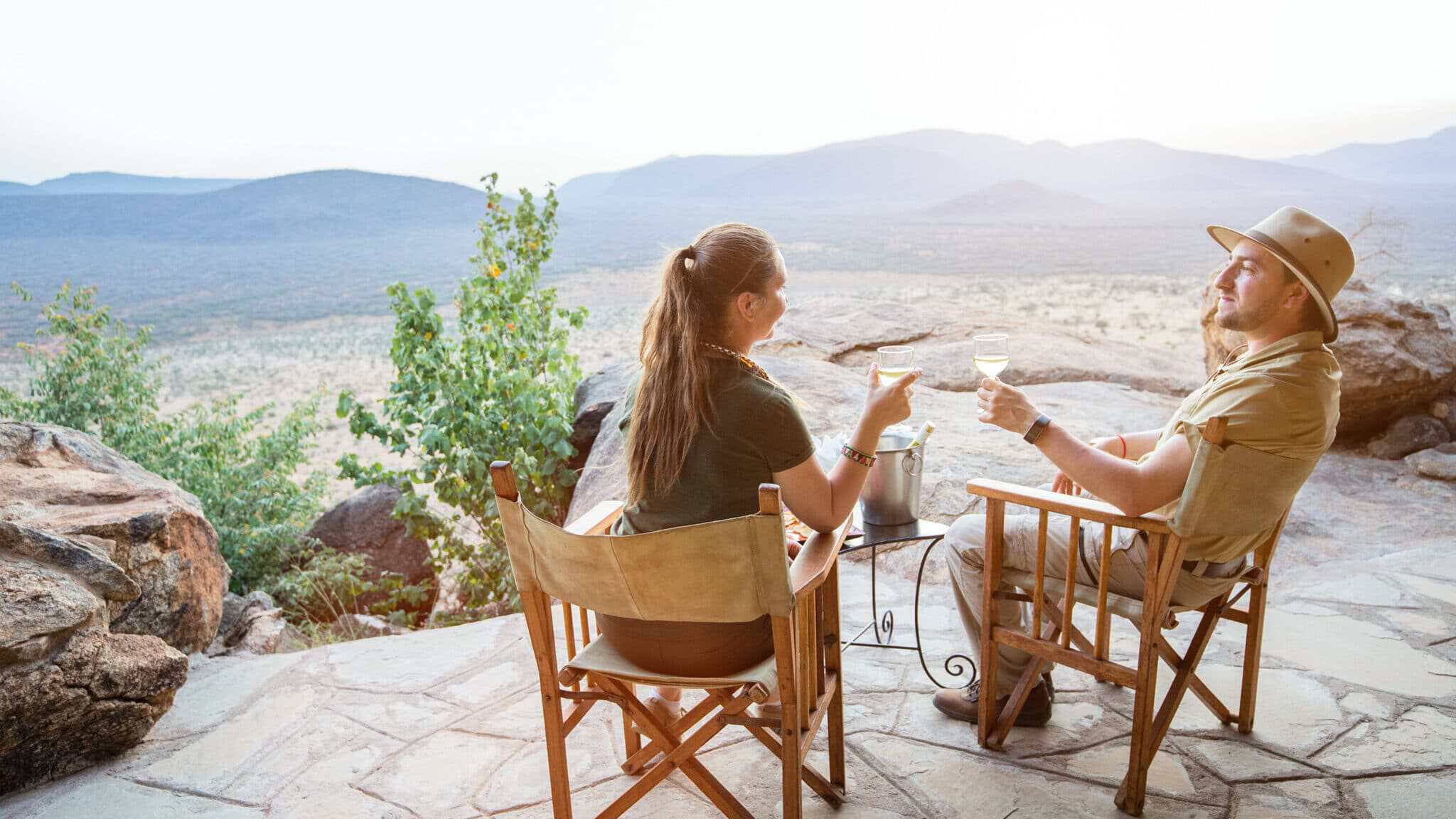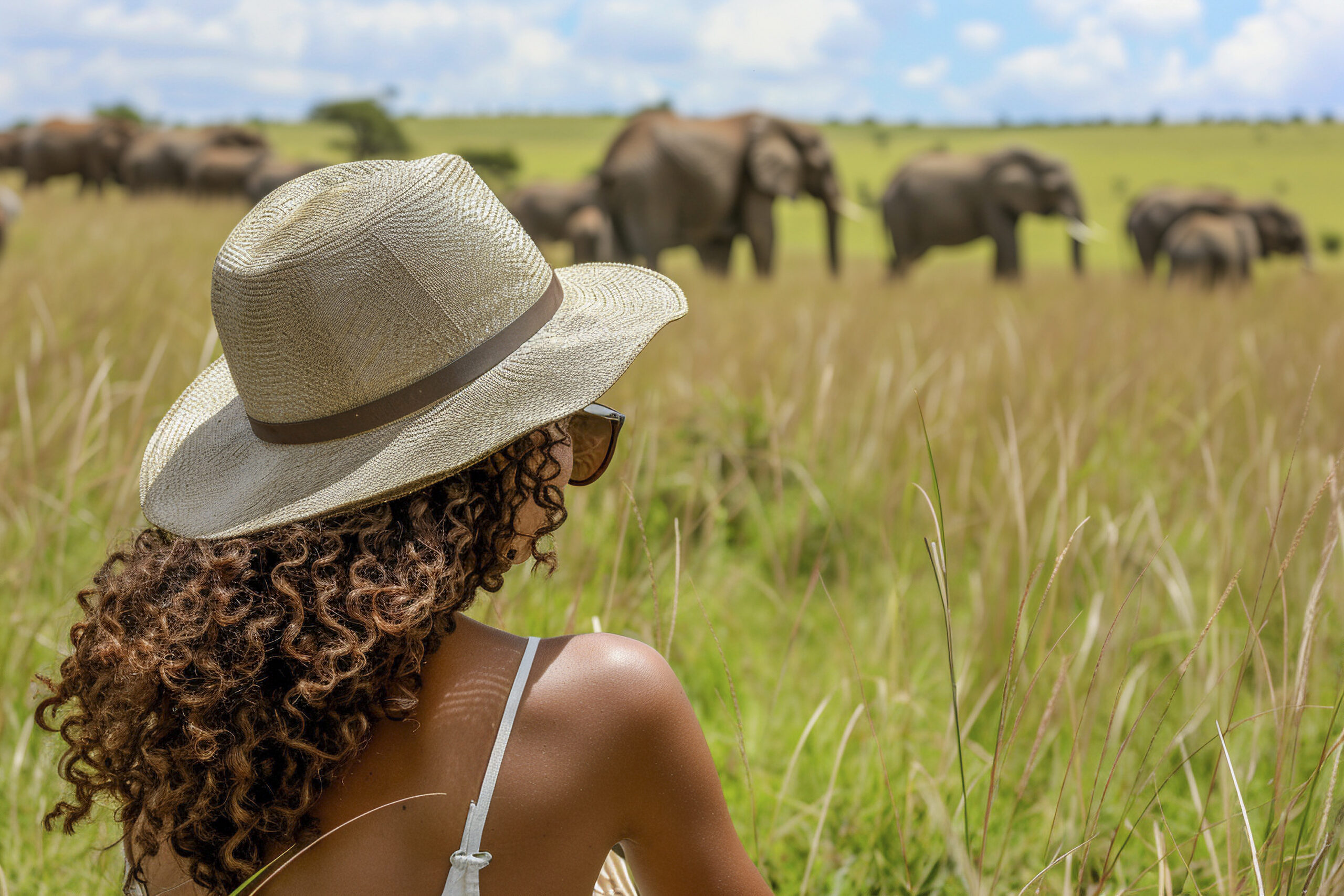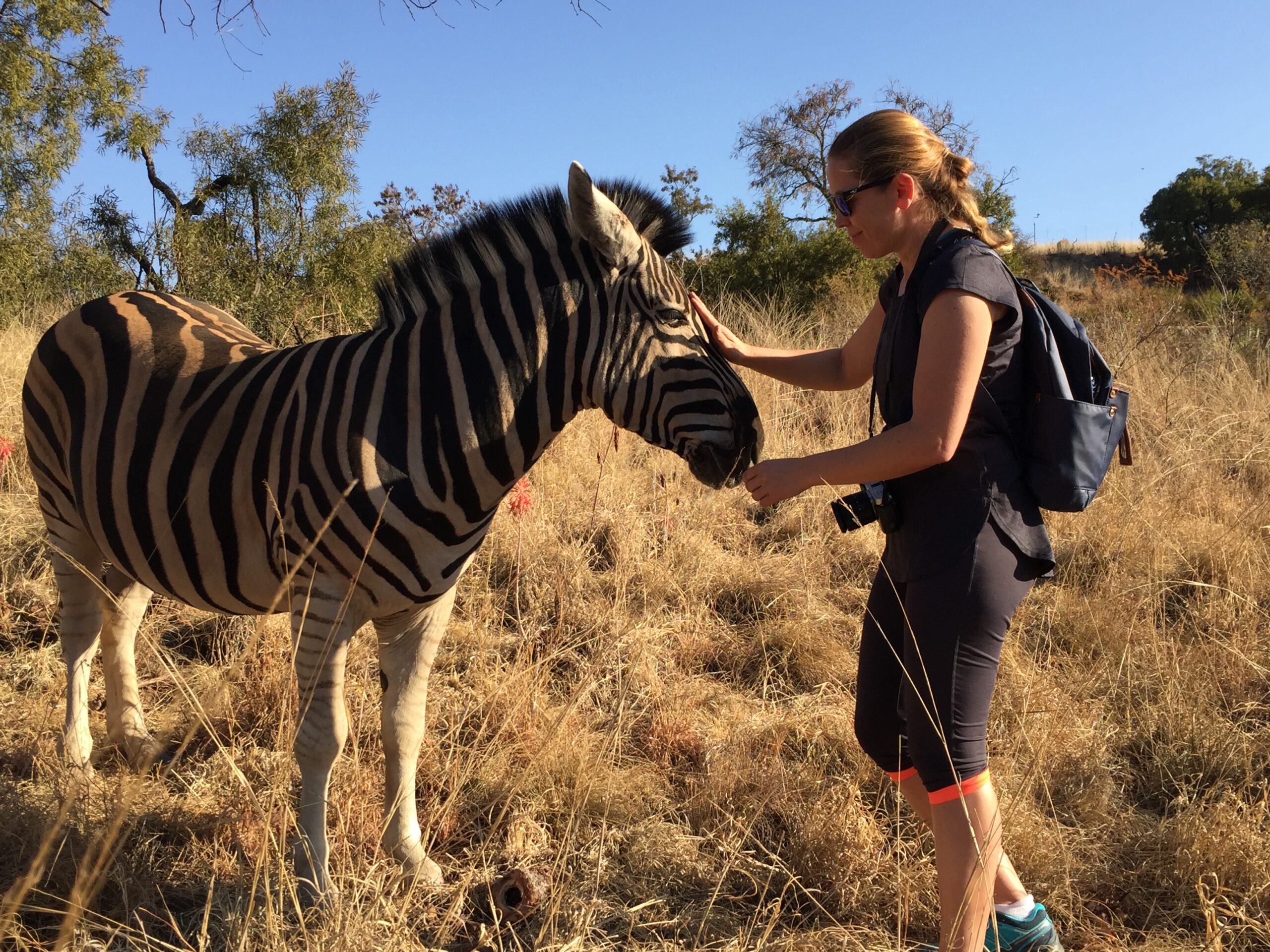When people dream of an African safari, they often think of Tanzania, Kenya, South Africa, or Botswana. Each of these countries has something special to offer, but many travelers say Tanzania is the best choice. This is because Tanzania has the Serengeti National Park, the Ngorongoro Crater, Tarangire National Park, and many other protected areas. The Serengeti is famous for the Great Migration, where millions of wildebeest and zebras move across the plains looking for fresh grass. This event is one of the greatest wildlife spectacles in the world. Tanzania is also home to Mount Kilimanjaro, Africa’s highest peak, which adds even more adventure to your trip. Kenya’s Masai Mara, Botswana’s Okavango Delta, and South Africa’s Kruger National Park are also incredible, but Tanzania often wins because of its size, diversity, and abundance of wildlife.
Why is African safari so expensive?
A safari in Africa is not like a regular holiday at the beach or in a city. It is expensive because of the way it is run. National parks and reserves charge entrance fees, and these fees help protect the animals and support local communities. Lodges and camps are often located in remote areas, so food, fuel, and supplies have to be transported from far away. Vehicles used on safari are strong and specially built for rough terrain, and they require maintenance. Trained guides and rangers also need to be paid well because their knowledge and skills are what keep visitors safe and make the safari experience meaningful. On top of this, many lodges invest in eco-friendly systems such as solar power and waste management, which cost more but help protect the environment. All these things make a safari more expensive, but they also make it more unique and valuable.
What is the safest safari in Africa?
Safety is one of the main concerns for travelers, and the good news is that safaris in Tanzania and other major destinations are very safe when planned properly. Tanzania’s Serengeti and Ngorongoro Crater are considered some of the safest safari spots because they are heavily protected and managed. Reputable safari companies provide experienced guides who know the parks and how to handle wildlife. Camps and lodges have security teams to ensure guests are safe during the night. While wild animals are always unpredictable, following your guide’s instructions keeps you protected. Kenya, South Africa, and Botswana are also safe for tourists, with strong systems to care for visitors. The most important rule is to choose a trusted safari operator, listen to your guide, and never walk off on your own in the wild.
What is the best company to use for an African safari?
There are hundreds of safari companies in Africa, but not all are the same. The best safari companies are those with a long history of providing safe, high-quality trips. In Tanzania, companies like Ravina Tours are known for organizing memorable safaris that include everything from transport and lodges to guided game drives. When choosing a company, travelers should look for proper licenses, experienced guides, and positive reviews. A good company will also have different packages to suit budget, mid-range, and luxury travelers. The best safari operators focus on conservation, community support, and personalized service, ensuring that travelers not only see wildlife but also experience Africa’s culture and beauty in a meaningful way.
How much does an all-inclusive African safari cost?
An all-inclusive African safari usually covers accommodation, meals, park fees, guided drives, and sometimes even domestic flights. In Tanzania, an all-inclusive safari can range from $3,500 to $6,000 per person for a 7 to 10-day trip, depending on the level of luxury. Luxury safaris that include private lodges, exclusive guides, and charter flights can cost much more, sometimes over $10,000 per person. Budget all-inclusive safaris, often in shared vehicles and basic lodges, can be found for around $2,000 per person for a week. What makes an all-inclusive safari valuable is that you don’t have to worry about surprise costs along the way. Everything is arranged, and you can focus fully on enjoying the wildlife and the experience.
Is going on an African safari safe?
Yes, going on an African safari is safe for most travelers. Safaris are carefully planned to protect visitors from danger. Wildlife can be dangerous if not respected, but guides are trained to keep tourists safe by following park rules and maintaining safe distances from animals. Lodges and camps provide secure accommodations, often fenced or guarded at night. Health is another concern for travelers, but with vaccinations, malaria prevention, and bottled water, risks can be controlled. Thousands of tourists go on safari every year in Tanzania, Kenya, South Africa, and Botswana, and most return home with unforgettable memories and no problems. As long as you travel with a trusted company and follow safety advice, a safari is one of the safest adventures you can have.
Which African safari is best value for money?
Value for money depends on what you are looking for in a safari. Tanzania offers great value because it has large parks, diverse wildlife, and famous events like the Great Migration. You can experience both savannah plains and crater landscapes in one trip. Kenya also offers strong value with its Masai Mara and close connection to Tanzania’s Serengeti. South Africa’s Kruger National Park is often cheaper because it has better roads and more developed infrastructure, but it can feel more crowded. Botswana is amazing for exclusive safaris but usually costs more. For travelers who want the most wildlife sightings at reasonable prices, Tanzania’s Serengeti and Ngorongoro safaris are often the best value.
How many days should you do on an African safari?
The number of days you need depends on what you want to see and your budget. Many travelers say that 7 to 10 days is the ideal length. This gives you enough time to visit different parks without feeling rushed. In Tanzania, for example, you might spend three days in the Serengeti, two days in the Ngorongoro Crater, and a couple of days in Tarangire or Lake Manyara. If you have only three or four days, you can still see a lot, but it will be rushed and focused on one park. On the other hand, if you can afford two weeks, you will have a deeper and more relaxed safari experience, with time to explore different habitats and watch animals at different times of the day.
What are the cons of African safari?
Even though a safari is exciting and beautiful, there are some challenges. One of the biggest cons is the cost. Safaris are expensive compared to other vacations, and this can limit how many days you can stay. Another challenge is the long travel times. Some parks require hours of driving on rough roads, which can be tiring. Weather can also be unpredictable, with hot days, cool nights, and sudden rain. Insects like mosquitoes can be annoying, although mosquito nets and repellents usually solve the problem. Finally, safaris are often in remote areas where internet and phone signals are weak. For some travelers, this is a chance to disconnect, but for others, it can feel like a disadvantage.
What is the best time to visit Africa for a safari?
The best time to visit depends on the country and what you want to see. In Tanzania, the dry season from June to October is the most popular because animals gather around waterholes, making them easier to spot. July to September is the time of the Great Migration river crossings in the Serengeti, which is one of the most dramatic events in the animal world. From December to March, the southern Serengeti is where the wildebeest give birth, and predators are very active. Kenya’s Masai Mara also shines during the Great Migration. South Africa’s Kruger Park is good year-round, but winter (May to September) has the best wildlife viewing. The best advice is to plan your safari based on the season that matches the experience you want.
Conclusion: Is an African Safari Worth the Money?
A Tanzania Africa safari, or one in Kenya, Botswana, or South Africa, is more than just a holiday. It is an adventure that takes you close to wild animals in their natural homes. While the cost is high, the value you receive is unforgettable. You are paying not just for comfort and guides, but also for conservation, local communities, and once-in-a-lifetime experiences. Safaris are safe, exciting, and deeply rewarding. Whether you go for a week or two, the memories will stay with you forever. For most travelers, an African safari is absolutely worth the money.



